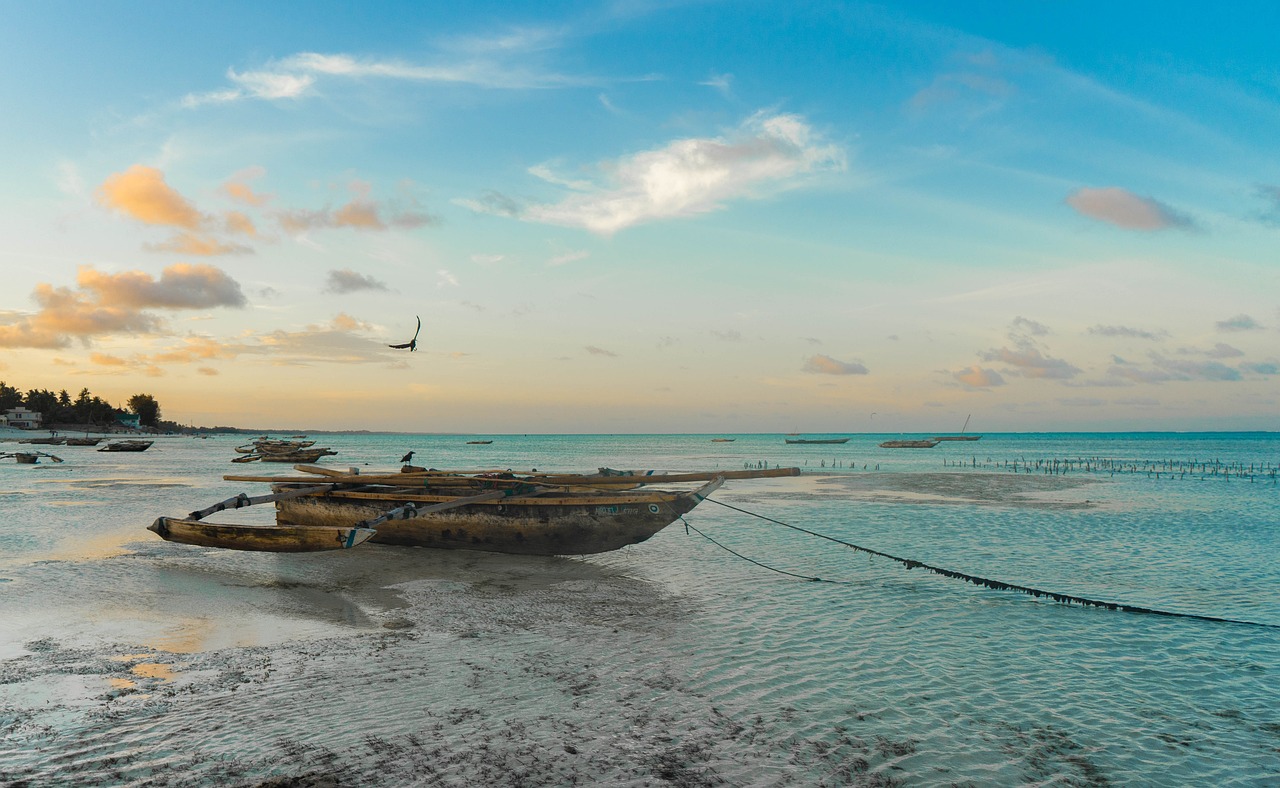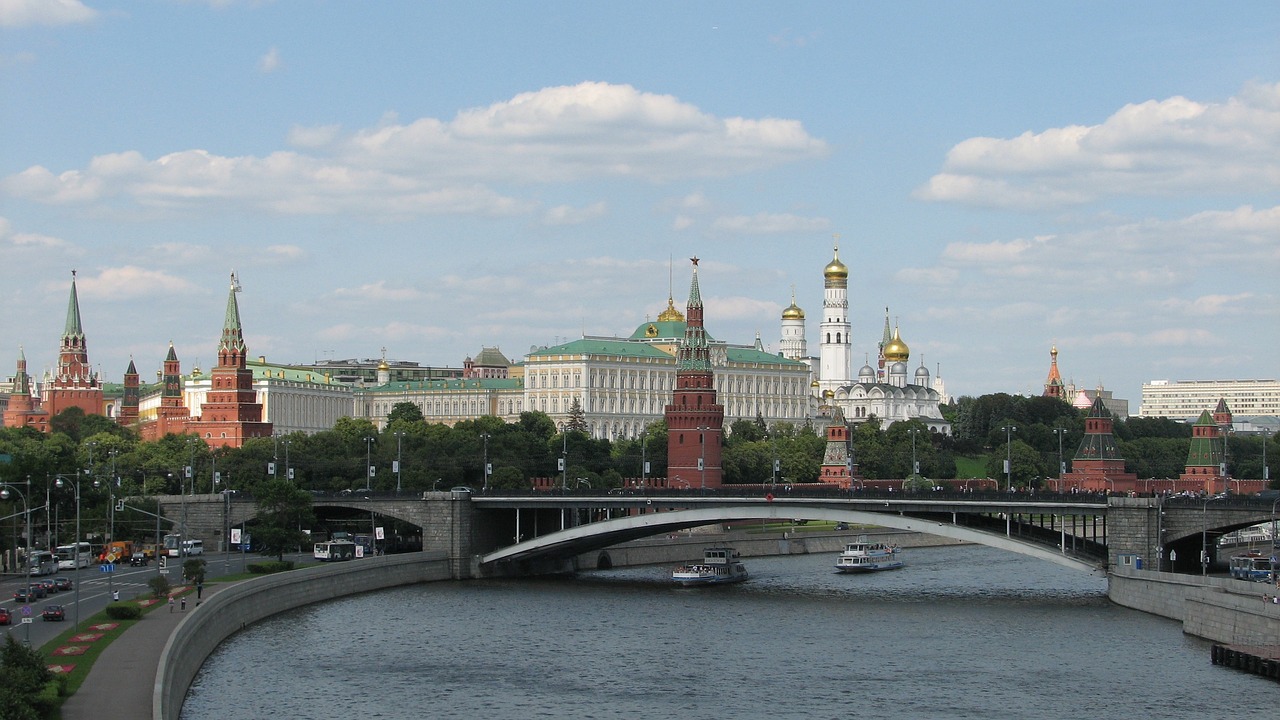Nestled off the coast of Tanzania, Zanzibar is a gem in the Indian Ocean, blending African charm with Arabian mystique. This semi-autonomous archipelago, known for its rich history, stunning beaches, and aromatic spice farms, captivates travelers seeking both relaxation and adventure.
The heart of Zanzibar’s allure lies in Stone Town, a UNESCO World Heritage Site. Its labyrinthine alleys, flanked by coral stone buildings, tell stories of sultans, slave traders, and explorers. The town’s architecture, with its unique blend of Arab, Persian, Indian, and European elements, is a testament to the island’s multicultural heritage. The House of Wonders, the Old Fort, and the Palace Museum provide insights into the island’s intriguing past, while the Darajani Market offers a sensory feast with its array of spices, textiles, and local crafts.
Zanzibar’s coastline is a patchwork of picturesque beaches, each with its unique character. Nungwi, on the northern tip, is perfect for those seeking vibrant beach life and water sports. Paje, on the east coast, offers a serene escape with its powdery white sands and crystal-clear waters, ideal for kite surfing. The Menai Bay Conservation Area, a haven for dolphins and sea turtles, underscores the island’s commitment to preserving its marine biodiversity.
The island’s culinary scene is as diverse as its culture. Influences from the Bantu, Arab, Portuguese, Indian, and British kitchens have fused to create an eclectic cuisine. Zanzibar’s street food, particularly in Forodhani Gardens, is a must-try. From Zanzibari pizzas to grilled seafood, the flavors are as vibrant as the island itself.
Zanzibar’s spice farms are another key attraction. Known as the “Spice Island,” it has been a center for spice trade for centuries, with cloves, nutmeg, cinnamon, and black pepper being the mainstays. Spice tours offer a hands-on experience, allowing visitors to see, taste, and smell a variety of spices and tropical fruits.
Practical travel tips for Zanzibar include:
- Best Time to Visit: The dry months, from June to October and from December to February, are ideal.
- Getting Around: Dala-dalas (local buses) are an affordable way to travel, but renting a car or hiring a taxi provides more comfort and flexibility.
- Local Customs: Zanzibar has a predominantly Muslim population, so it’s advisable to dress modestly, especially when visiting rural areas and during religious months.
In conclusion, Zanzibar is a destination that offers a rich tapestry of sights, sounds, and tastes. Its fusion of cultures, breathtaking natural beauty, and warm hospitality make it a unique and unforgettable travel destination. Whether it’s wandering through the historic streets of Stone Town, lounging on its sun-kissed beaches, exploring its underwater wonders, or savoring its spicy cuisine, Zanzibar promises a journey filled with discovery and enchantment



